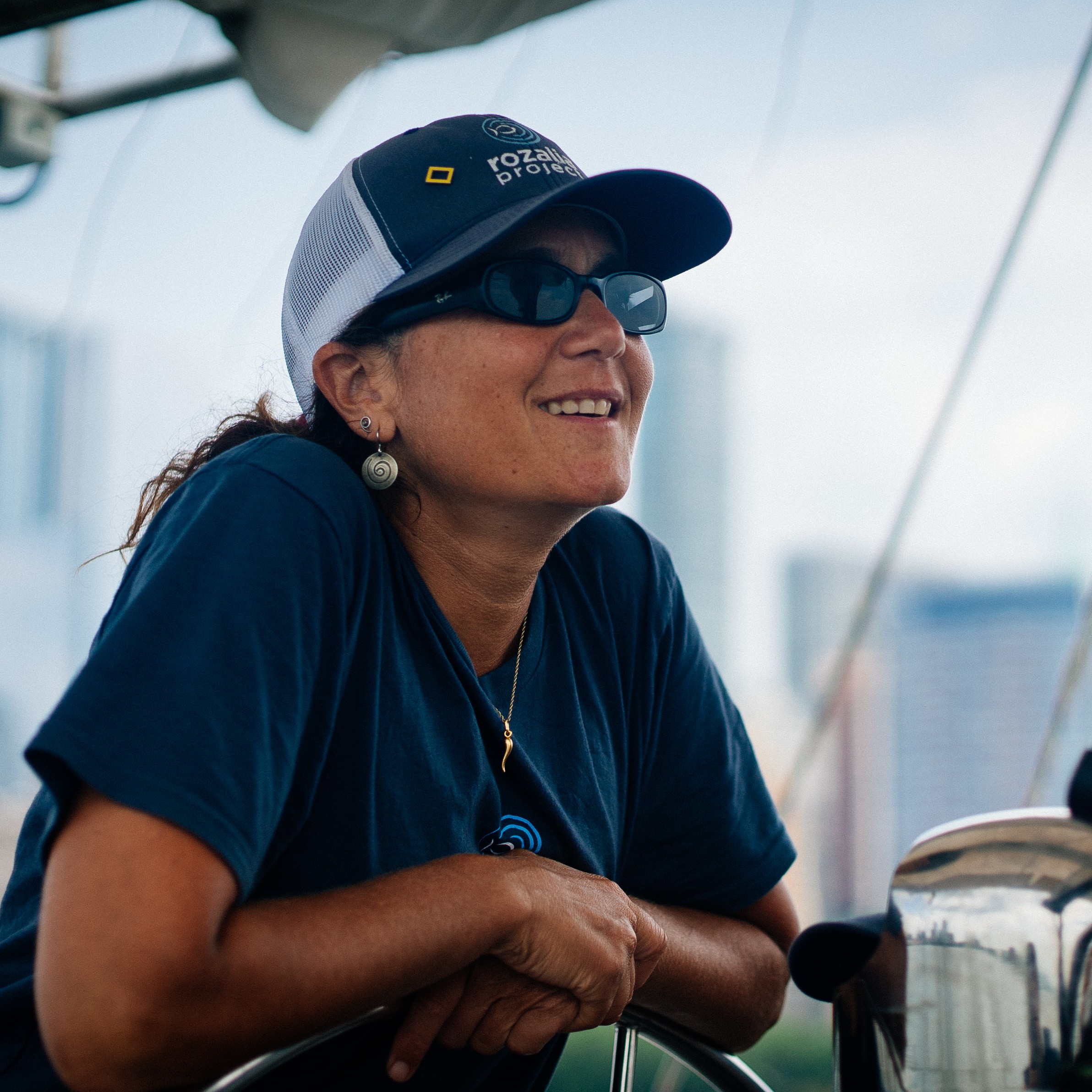About This Project
I am canoeing the Ikpikpuk River on the North Slope of Alaska. Along the way, I will be sampling the water for micro-plastics in order to see the prevalence in an environment that is far from large populations. This will add to the data that others are collecting around the world and help us to understand the patterns of micro-plastic travel.
Ask the Scientists
Join The DiscussionWhat is the context of this research?
Micro plastics are being found everywhere -- snow in remote mountain ranges, oceans, streams, human tissue. I am going to the Ikpikpuk River in Alaska to film a documentary, but want to seize the opportunity to collect data on micro plastics and their prevalence in an area that is upstream of human activity. The Ikpikpuk runs through the heart of the North Slope. Its high banks provide nesting grounds for migratory birds, and its distance from human populations. With human activity downstream of where I will be, finding micro plastics upstream will emphasize that our world, even without humans present, is impacted by our reliance on plastics.
What is the significance of this project?
Micro plastics did not exist in the environment until humans created plastics. These ecosystems, some that have not seen many humans, are now functioning with micro plastics in them. How do these foreign materials affect life? Well, we cannot study this until we know how infiltrated different ecosystems are with these tiny particles of plastic. This project will add to the data that the Rozalia Project is collecting in remote areas of the world, increasing our knowledge of micro plastic prevalence. The Ikpikpuk River is particularly important to study because peregrine falcons and waterfowl rely on it for nesting grounds. Are they bringing plastics with them? The first step is seeing if there are plastics that can be found in the waterways that connect the life there.
What are the goals of the project?
The goals are to take water samples twice per day while canoeing the Ikpikpuk River to analyze for micro plastics. With the samples, the goal will be to see what how infiltrated the ecosystems are with micro plastics. Once the samples are gathered, we will send them toPlastic Ocean Project for analysis. They will analyze the samples to see the different fragments and fibers that may be present. By adding this data to what the Rozalia Project has collected, we will be able to have a more extensive global map of micro plastics and begin to understand the patterns of their travel.
Budget
These items are the bare bones for doing the research. They are the items that the Rozalia Project uses to sample for micro plastics. While I am canoeing, I will also be filming a documentary on the bird populations up there, so I am trying to keep the scientific and the cinematic costs separate. I will use some of the photos and videos to tell a story about the plastics after, too.
Endorsed by
 Project Timeline
Project Timeline
I will be beginning the canoe trip on July 8, 2023, and returning on August 1, 2023. From there, the samples will be sent to Plastic Ocean Project for analysis. Once samples are analyzed, I will write a piece about the findings on www.johngove.com and aim to have a journalistic piece published as well.
Jun 26, 2023
Project Launched
Jul 08, 2023
Travel to the headwaters of the Ikpikpuk River
Aug 01, 2023
Finish the canoe trip
Sep 05, 2023
Begin analysis of samples
Nov 06, 2023
Publish journalistic article summarizing project and findings
Meet the Team
John Gove
John tells the stories that take a little sweat to get to the bottom of. Growing up on a fruit and vegetable farm in Massachusetts instilled him with a passion for food systems and food insecurity, but his love for the outdoors fosters a passion for the environment. John points his camera towards the adventure, the misunderstood, and the not-so-glorious stories.
With dirty shoes, a healthy dose of discomfort, and an untamable energy, John tells the stories that make us all more informed members of a global society.
Project Backers
- 12Backers
- 107%Funded
- $845Total Donations
- $70.42Average Donation
